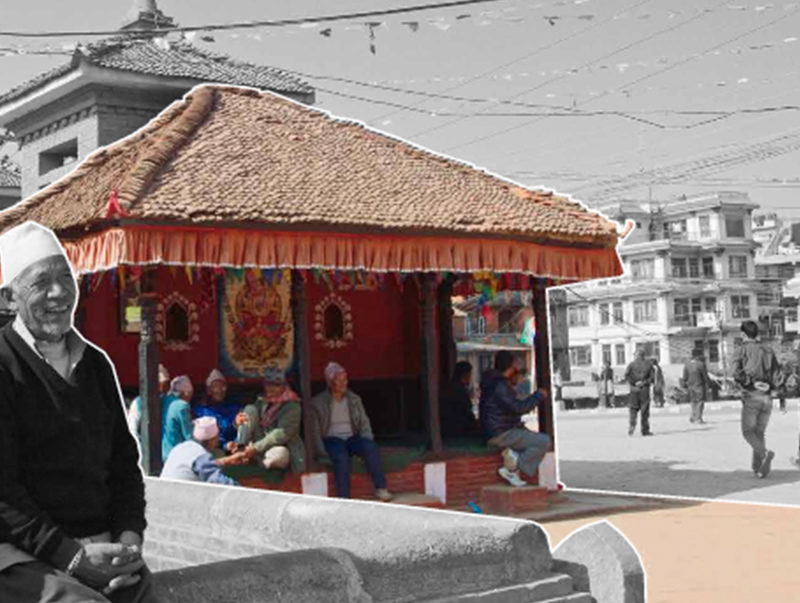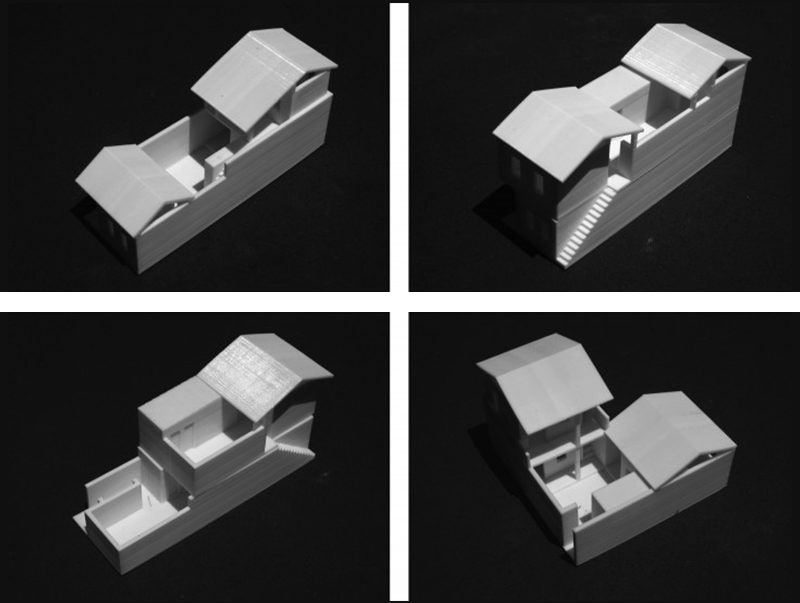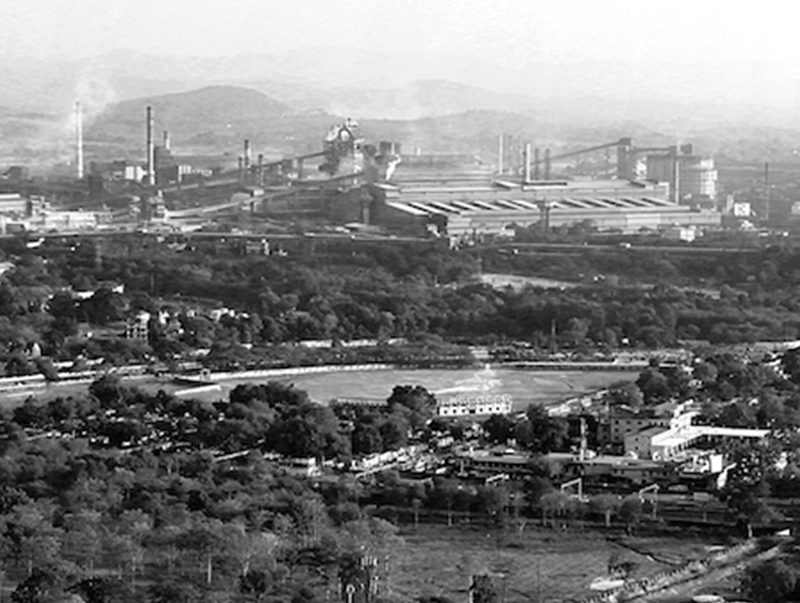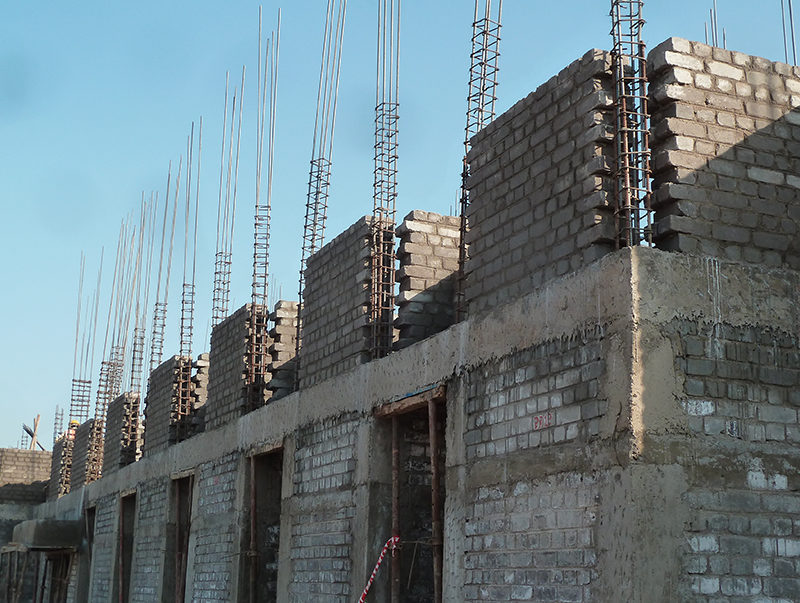
PROJECT DETAILS
- Focus Area Housing Past
- Faculty Miho Mazereeuw
- Fellow Barry Beagen
- Mentor Aditya Barve
Currently, government schemes for resettlement and redevelopment as well as developer-driven affordable housing projects emphasize fixed dwelling units in single-zoned residential mass-housing complexes. These projects have not been able to accommodate activities such as home-based work, rental housing production and self-employed micro-entrepreneurship that form a large proportion of India’s urban employment. As a result, these fixed units lock in the capacity of the development to absorb additional demand for housing and amenities that are typically supplied by small landlords and micro-entrepreneurs.
Through surveys and case studies of rental markets as well as rental housing types in low cost neighborhoods in Ahmedabad, we will develop design strategies for new housing developments from the scale of the neighborhood to the room. The strategies looks at how the design of the dwelling unit or building can allow for minimum additional investments from the homeowners to develop spaces for work as well as for rentals. At the scale of the neighborhood, incremental development strategies unlock the asset production capability of the housing units – creating value creation opportunities for both the homeowners and developers.
In order to develop a method for scalability, the design research is in collaboration with an organization in Ahmedabad that is currently incubating a novel affordable housing development model of rentals and hire-purchase which reduces the entry to barrier to access market rate dwelling for the low income group. The research objective is to look at how these design strategies can be integrated into the future developments of new neighborhoods.
Project Media:
Housing Micro-Entrepreneurs: Designs for Incremental Neighborhoods








